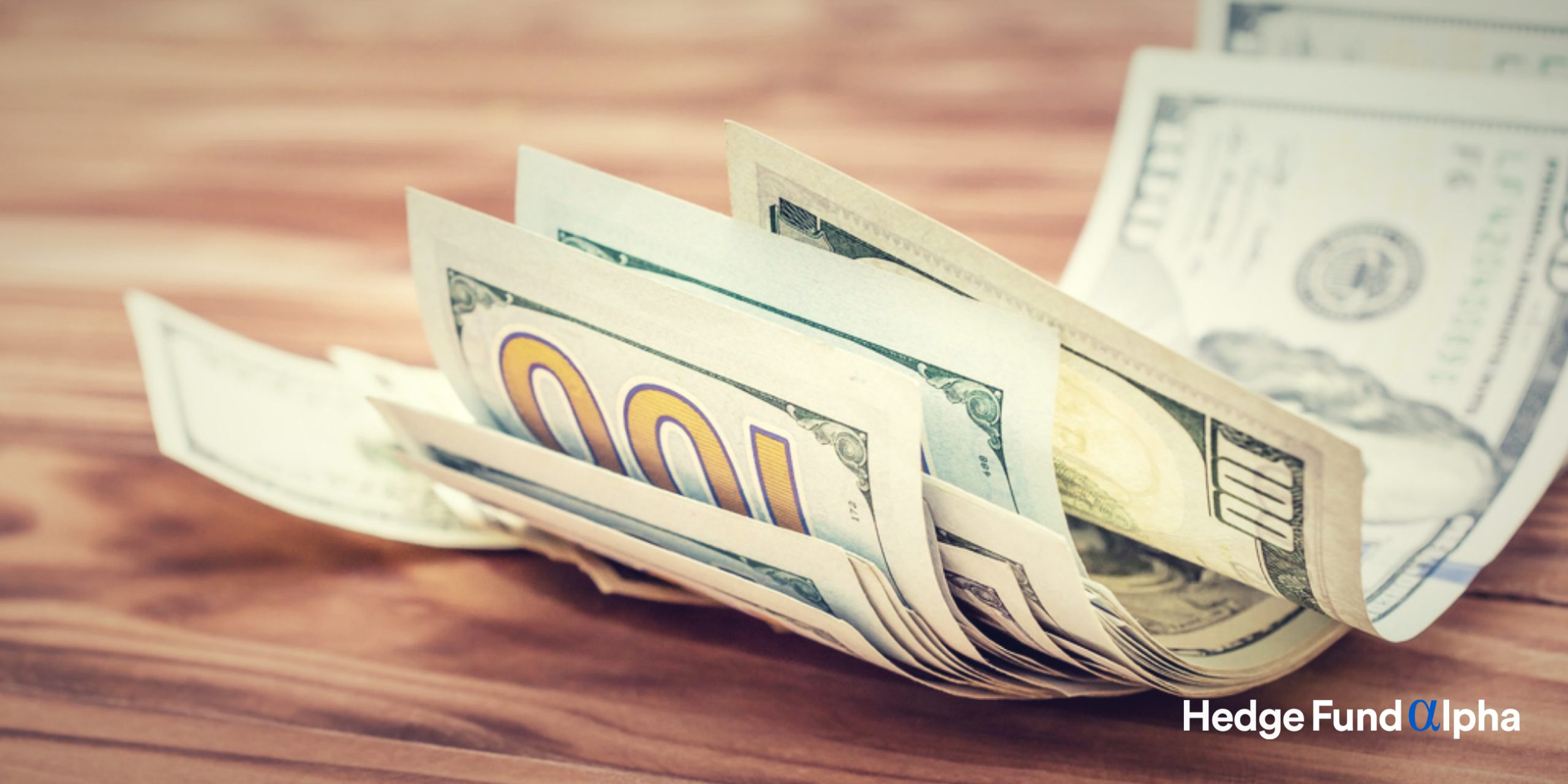Hedge funds are paid big bucks for making smart market bets. Yet these days, a simple feature of the financial plumbing — largely overlooked on Wall Street during the low interest-rate era — is helping juice industry returns.
It’s the tidy income the masters of the universe are enjoying just on their cash proceeds after shorting stocks, all thanks to the highest federal funds rate since 2007.
When the fast-money set bets against a company, it sells borrowed shares, resulting in a pile of cash that is held as collateral with their prime broker. That cash earns interest, known as a short rebate.
Cambridge Associates, an industry consultant, has cited this benefit as one reason to be bullish on hedge funds this year — alongside all the rich stock-picking opportunities fueled by the Federal Reserve’s disruptive policy-tightening campaign. TIFF Investment Management, Morgan Stanley Investment Management and Evanston Capital, which allocate money to a range of investment vehicles including hedge funds, have said the same.
In a good year, short rebates are just a small fraction of hedge-fund returns, of course. Yet the effectively free money is offering traders a boon just as the great monetary squeeze separates the strong from the weak across Corporate America — spurring an uptick in short interest from historic lows.
With Jerome Powell & Co. pushing back against market bets on fast rate cuts this year, these mundane lending dynamics are getting more attention as the cash-is-king era powers on — and raising big questions about the hefty fees charged by some funds.
“For the first time in 15 years, the wind’s at their back on the short book,” said Joe Marenda, head of hedge fund research at Cambridge Associates. “The other aspect simply is that with higher rates, one would expect weaker companies to underperform.”

To Bill Harnisch, who oversees the $1.5 billion Peconic Partners, higher rebates are never the reason to go short, but a nice benefit nonetheless. His fund brought in $55 million in rebates last year, compared with a “fraction” of that in 2022.
“It was very noticeable, and that’s continuing into this year,” he said. “The interest income is a byproduct because we’re not going to short because of the interest.”
One rough but widely accepted way to gauge short rebates is the fed funds rate less a cost of borrow of 25 to 50 basis points. Meanwhile, the S&P 500’s dividend yield is also drifting lower, which helps bump up the rebate since funds also have to return any dividends incurred.
Read the full Article here by Justina Lee, Lu Wang of Bloomberg News, Advisor Perspectives

